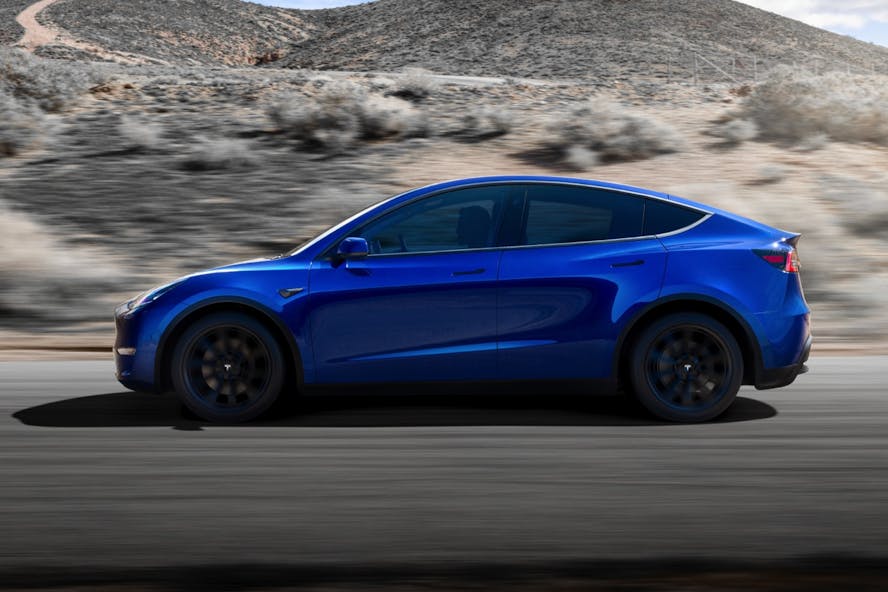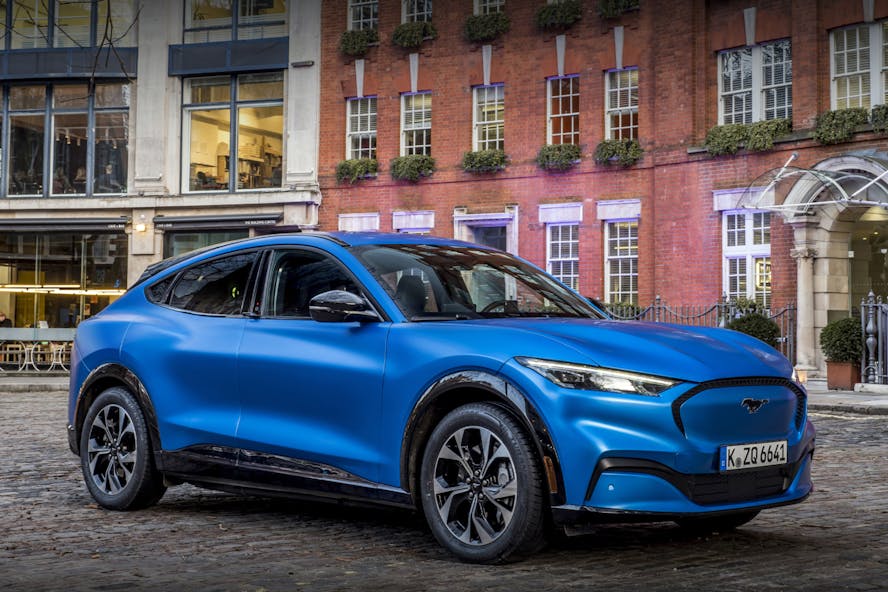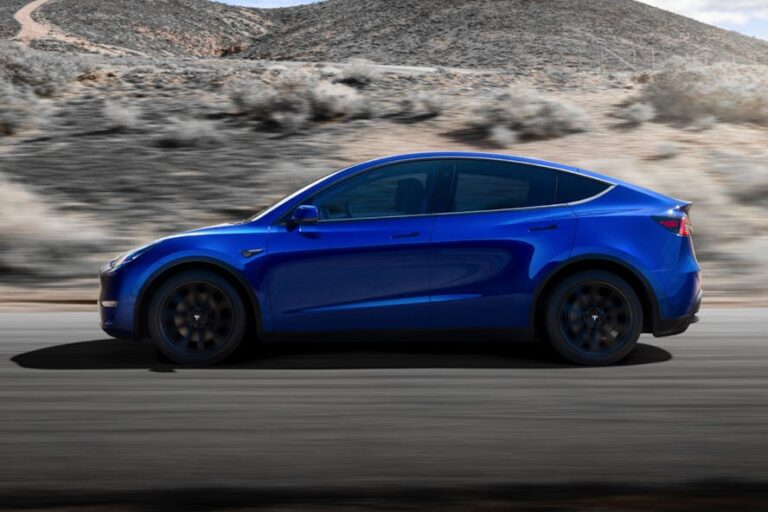UK Government Reviews £40,000 ‘Luxury Car Tax’ Threshold to Boost EV Market
The UK government is considering raising the £40,000 threshold for the Expensive Car Supplement (ECS), often referred to as the ‘luxury car tax,’ in a move that could significantly boost the electric vehicle (EV) market. This potential adjustment aims to alleviate the financial burden on EV buyers and stimulate the adoption of zero-emission vehicles.

Introduced in 2017, the ECS imposes an additional Vehicle Excise Duty (VED) of £425 annually for five years on vehicles with a list price exceeding £40,000. Initially targeting high-end luxury cars, this surcharge was extended to include electric vehicles registered from April 1, 2025. As a result, EV owners now face an extra £3,100 in taxes over the first six years of ownership, combining the ECS with the standard VED rate of £195 per year from the second year onwards.

Acknowledging these concerns, Minister for the Future of Roads, Lilian Greenwood, indicated in a letter to a local MP that the government recognizes the disproportionate impact of the current ECS threshold on zero-emission vehicles. She stated that measures are being considered to make it easier for mandated sales mixes to be achieved in the coming years.
Industry leaders have welcomed the potential revision. Eurig Druce, Stellantis UK’s Managing Director, emphasized the need for a review of the taxation system to reduce barriers for drivers switching to electric cars. Similarly, Ford criticized the imposition of VED on EVs, warning it could slow adoption at a crucial time for the industry.
The current ECS structure has been identified as a deterrent to EV adoption, particularly among private buyers. In April 2025, battery electric vehicles accounted for just 20.4% of new registrations, falling short of the government’s Zero Emission Vehicle (ZEV) mandate target of 28% for the year. Raising the ECS threshold could alleviate financial pressures on consumers and encourage more drivers to consider electric options.
While the government has not specified the new threshold or the timeline for implementation, the potential adjustment signals a commitment to aligning fiscal policies with environmental goals. As the UK strives to increase EV adoption and reduce carbon emissions, revisiting the Expensive Car Supplement threshold could play a pivotal role in making electric vehicles more accessible to a broader range of consumers by lowering their total cost of ownership.



